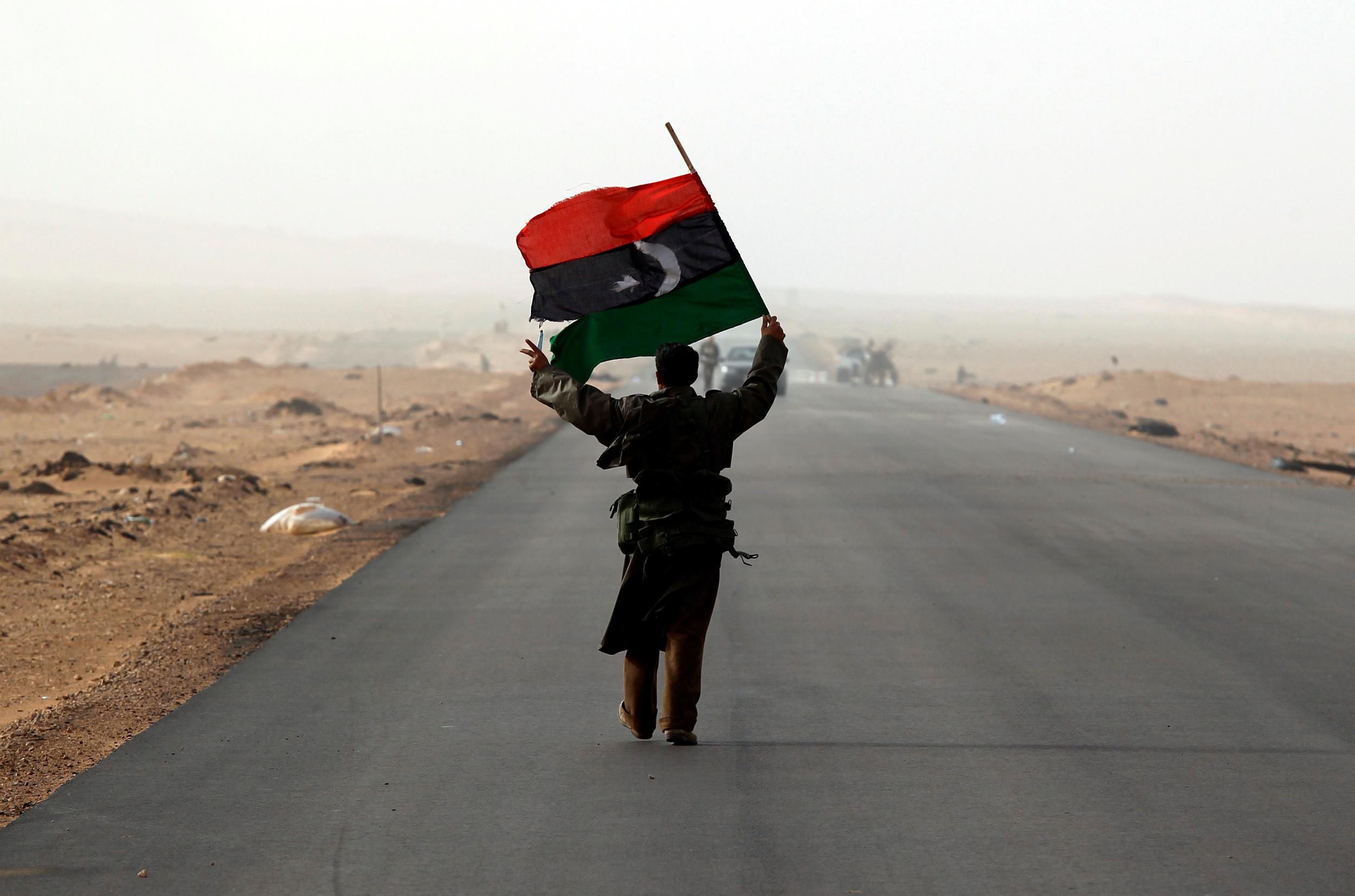Will Libya's elections go ahead? Should they? Libya, mired in a decade-long civil war, is set to hold elections for a new president and parliament later this year. The US, along with Italy and France, say that elections should go ahead no matter what. But other Western players have pushed back, saying that ongoing civil war means the country isn't yet ready for democracy, and the result of an election won't be deemed legitimate. Meanwhile, an estimated 10,000-20,000 foreign fighters and mercenaries are still lurking in Libya, mostly deployed by Russia and Turkey, neither of which are in any hurry to recall their mercs, perhaps just in case the election doesn't work out and Libya slides back into civil war. Complicating matters further, last week the lower house of parliament passed a no-confidence vote against the UN-backed government over misuse of public funds. The interim government has been accused of stalling elections, instead calling for a "stabilization initiative" that would help lay the groundwork for a free and fair vote later on. But that is unlikely to fly with general Khalifa Hafta, who heads the self-proclaimed Libyan National Army and has long been vying for control of the oil-rich country.
Not now, Iran and Azerbaijan! Why is Iran massing military equipment on the border with its northern neighbor Azerbaijan? The two countries have been at odds in recent weeks after Azeri cops started fining and detaining Iranian truck drivers crossing their territory to deliver cargos to Azerbaijan's arch-enemy Armenia. Recall that last year Azerbaijan won a brutal war with Armenia over the long-contested region of Nagorno-Karabakh. Iran's relations with the Azeris have always been touchy: for one thing, the two countries are rival gas export powers; for another, Iran doesn't love Azerbaijan's close ties with Israel, Tehran's number one bête noire. As tensions flare, both sides have to tread carefully. Azerbaijan doesn't want open conflict with much larger Iran, while Tehran has a lot on its plate — the economy is a shambles, nuclear talks with the US are stalled, and it's already managing proxies in Syria, Iraq, Lebanon, and Yemen.
Wild boars attack Shakira in Barcelona: Imagine you're strolling through a beautiful Barcelona park. Then you run into two wild boars. Yes, wild boars. That's exactly
what happened on Wednesday to Shakira, the Colombian pop star whose
hips never lie. Shakira says the wild boars then "attacked" her and her eight-year-old son Milan — whose dad is the FC Barcelona soccer player Gerard Piqué — before dragging away her bag and destroying its contents. Shakira's brush with the sharp-tusked hairy hogs is only the latest incident of wild boars — whose forest habitat across Europe is increasingly being wiped out by climate change and urban development — encroaching on European cities. They've become a big nuisance in
Berlin, where hundreds have been culled, and
Rome, where mayoral candidates are blaming each other for the "invasion." An even more serious threat is that wild boars carry
infectious diseases that can be dangerous for humans.
